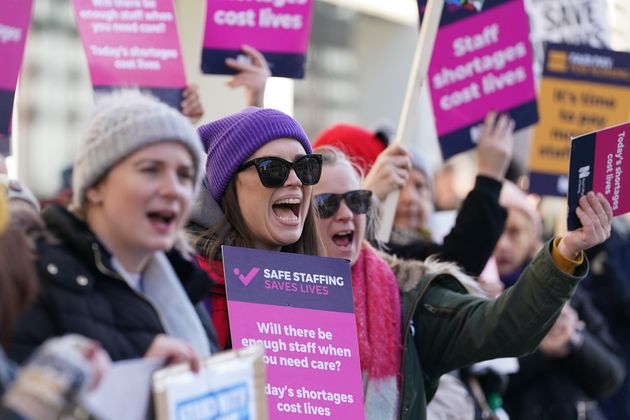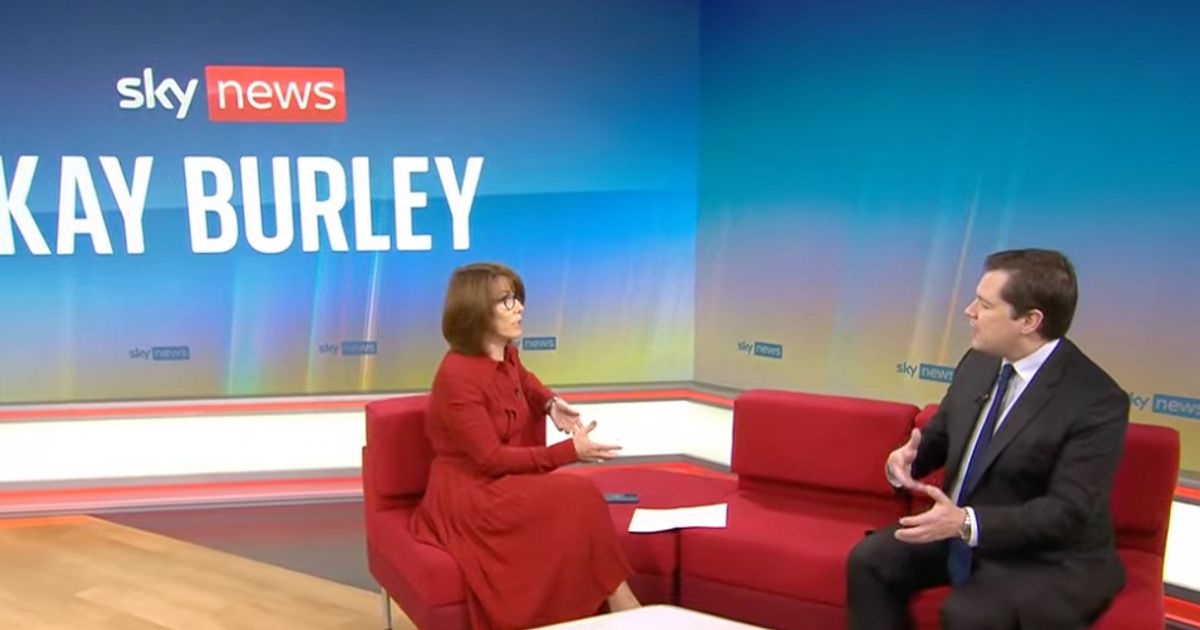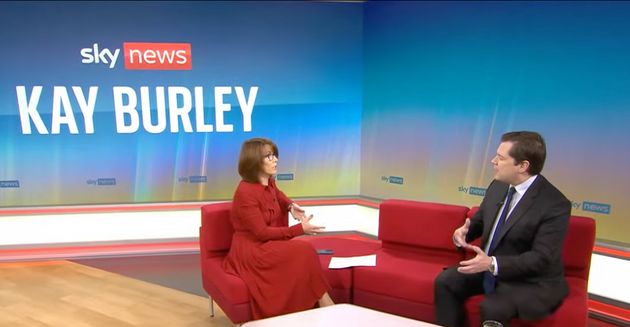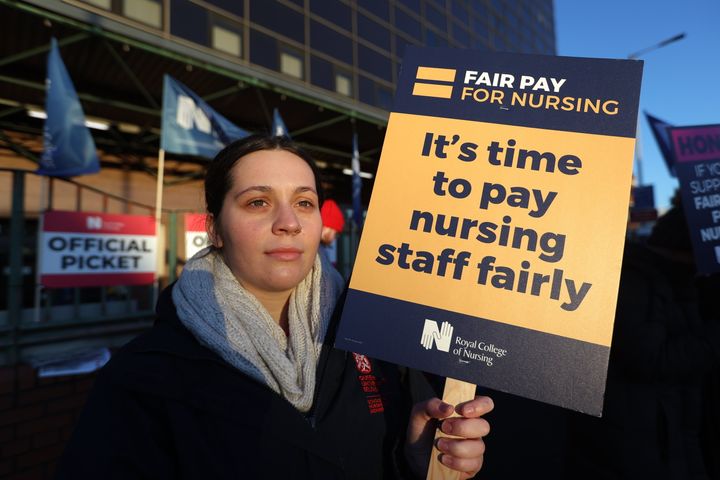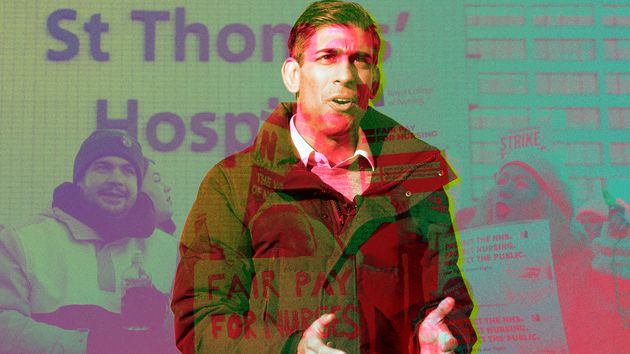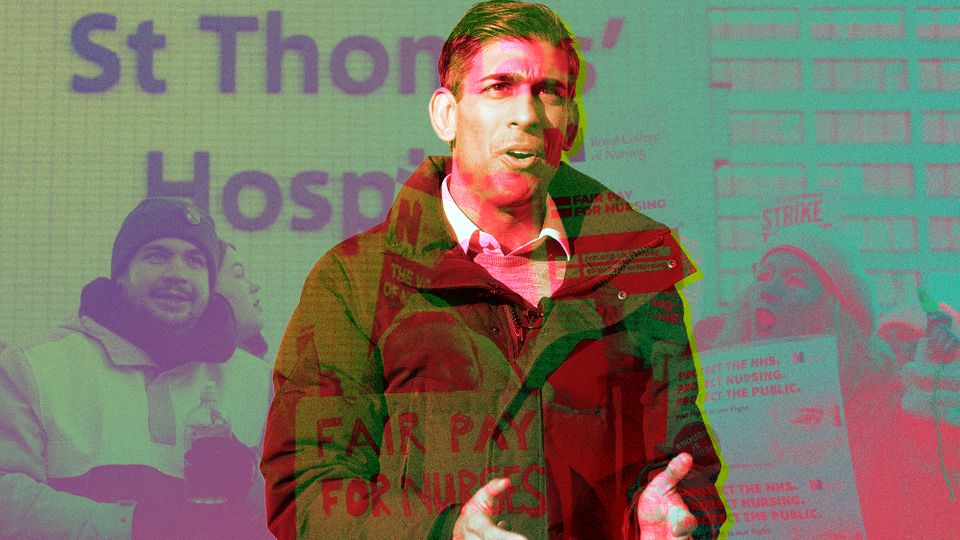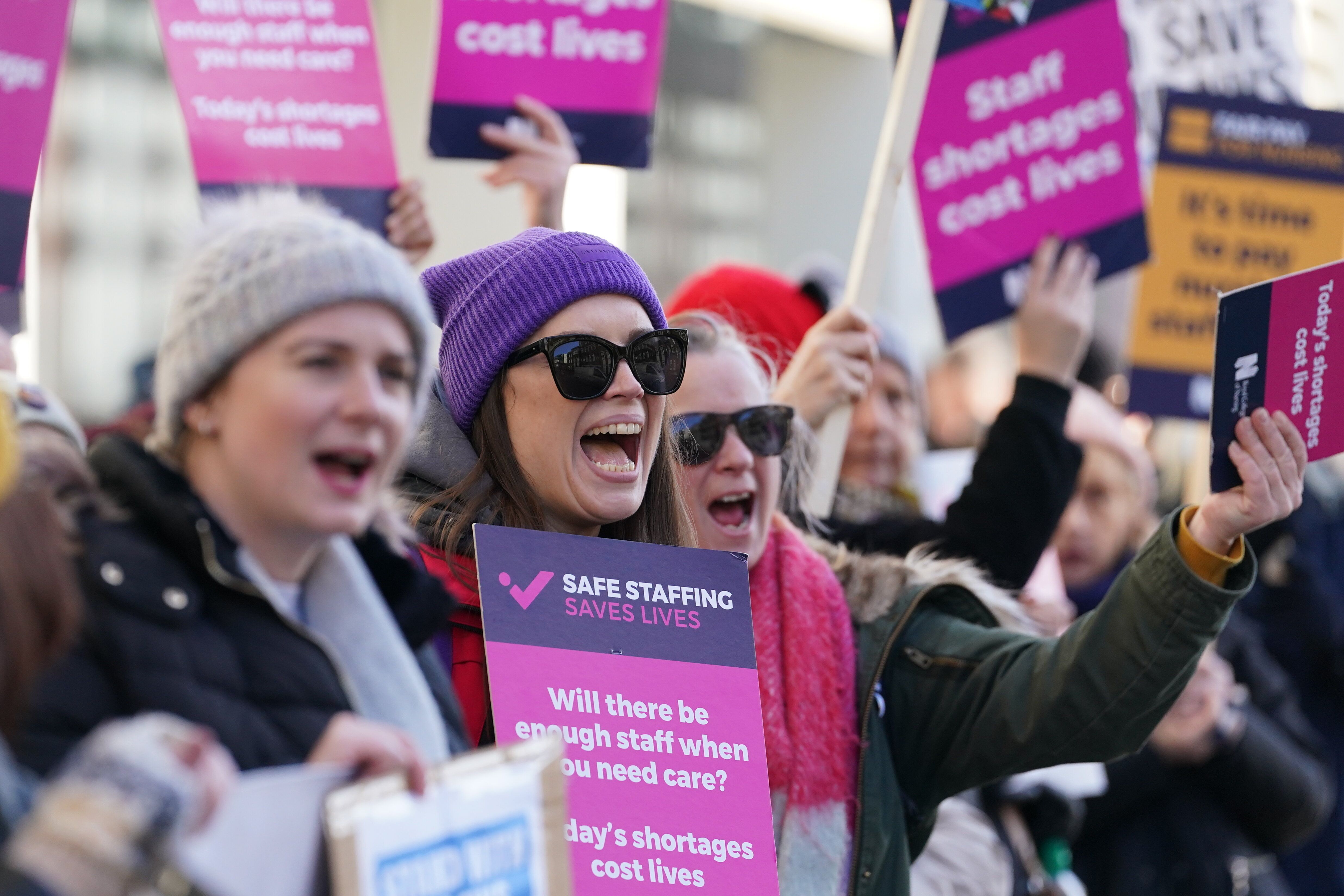
Nurses are to intensify their campaign of industrial action after rejecting the government’s latest pay offer.
The Royal College of Nursing announced that its members had voted by 54% to 46% against a deal to end the long-running dispute. Turnout was 61%.
Advertisement
A 48-hour strike by RCN members – including staff in emergency departments, intensive care units and cancer care units for the first time – will now take place from April 30 until May 2.
They have already taken part in six days of strikes since December, and a further ballot for more walkouts later in the year will now take place, the union said.
It is a huge blow for Rishi Sunak, who has made ending the wave of industrial disputes across the public sector one of his key priorities.
The RCN had recommended that its members accept the offer of a 5% pay rise this year and a one-off cash payment for last year.
Advertisement
In a letter to health secretary Steve Barclay, RCN general secretary Pat Cullen said: “What has been offered to date is simply not enough.
“The government needs to increase what has already been offered and we will be highly critical of any move to reduce it.”
She added: “Until there is a significantly improved offer, we are forced back to the picket line.
“Meetings alone are not sufficient to prevent strike action and I will require an improved offer as soon as possible. In February, you opened negotiations directly with me and I urge you to do the same now.
“After a historic vote to strike, our members expect a historic pay award.”
However, a separate ballot of nurses who are members of Unison, which closed this afternoon, overwhelmingly backed the government’s pay offer.
More than 150,000 nurses took part in the ballot – a 52% turnout – with 74% voting to accept the deal and 26% rejecting it.
Advertisement
Sara Gorton, Unison’s head of health, said: “Clearly health workers would have wanted more, but this was the best that could be achieved through negotiation.”
She added: ”“This vote might end Unison’s dispute, but it doesn’t solve the wider staffing emergency affecting every part of the NHS. Now, the government must work with unions to bring about a sustained programme of investment in the workforce.
“Lessons must also be learned. The mistakes of the past few months cannot be repeated. It’s time for a whole new approach to setting pay across the NHS.”
A key meeting of all six NHS unions is due to take place on May 2, at which it will be decided whether they should all accept the pay deal.
A government spokesperson said: “It is hugely disappointing that the Royal College of Nursing membership has rejected the pay deal recommended by their leadership.
Advertisement
“Following constructive discussions, all parties agreed this was a fair and generous offer which is demonstrated by Unison, representing the largest share of the NHS workforce, choosing to accept it.
“The fact that the Royal College of Nursing has announced an escalation in strike action, based on a vote from the minority of the nursing workforce, will be hugely concerning for patients.
“Hundreds of thousands of staff continue to vote in ballots for other unions over the next two weeks and we hope this generous offer secures their support.”
The RCN result came just hours after the Prospect union, which represents civil servants, announced that its members will strike on May 10 and June 7 after rejecting a fresh pay offer from ministers this morning.
It is also the final day of a four-day strike by junior doctors, who are demanding a 35% pay rise.

